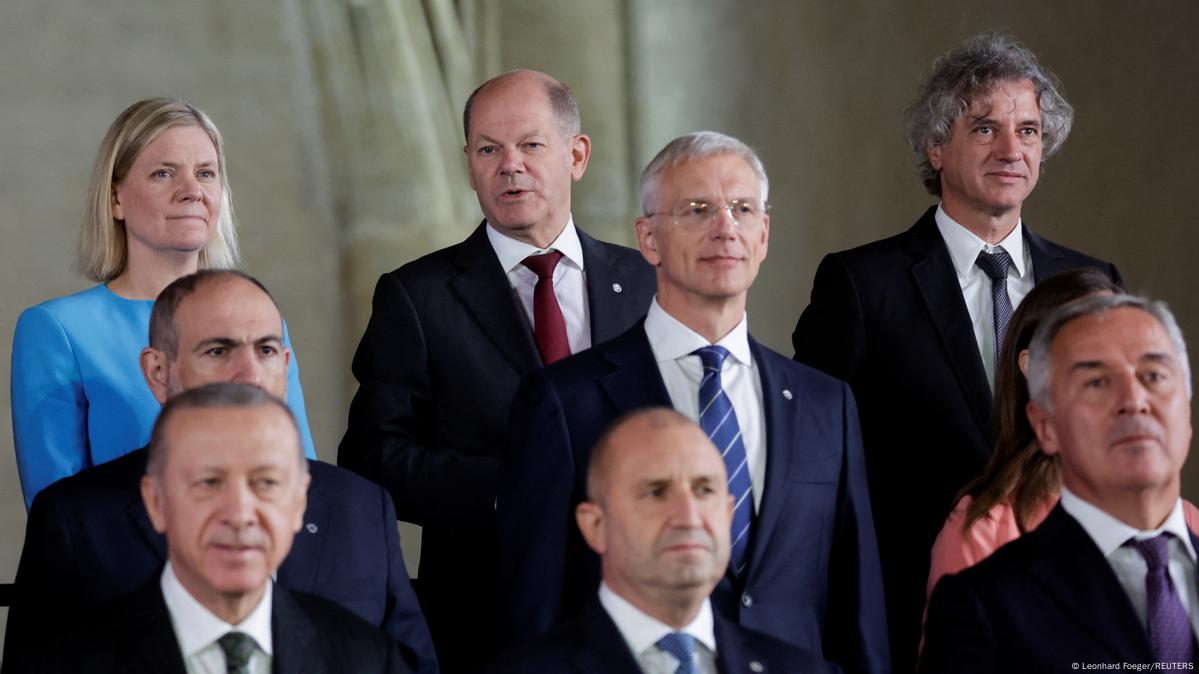U.S.-Russia Rapprochement Raises Alarms
A significant catalyst for the summit is President Trump’s recent engagement with Russian President Vladimir Putin. The two leaders have initiated direct negotiations aimed at resolving the ongoing conflict in Ukraine. Notably, these discussions have conspicuously excluded European stakeholders, leading to unease among EU nations about being sidelined in critical security matters affecting the continent. The Kremlin has emphasized this shift from military confrontation to dialogue, contrasting it with previous U.S. administrations’ approaches.
The exclusion of European voices from these negotiations has prompted leaders to question the future of transatlantic cooperation. French President Macron articulated the collective sentiment, stating, “We must ensure that Europe remains a central player in its own security affairs. Being excluded from discussions that directly impact our region is unacceptable.”
Divergent Views on Defense and Autonomy
The summit has also highlighted differing perspectives among European nations regarding defense spending and autonomy. While there is a consensus on the need for increased defense capabilities, debates have emerged over the approach. Some leaders advocate for a more robust, independent European defense mechanism within the NATO framework, while others emphasize the importance of transatlantic ties. Luxembourg’s Prime Minister has criticized the exclusion of many EU states from vital discussions, underscoring the need for inclusivity in decision-making processes.
Ukrainian President Volodymyr Zelenskyy has been vocal about the necessity of European involvement in peace negotiations. He has proposed the formation of an “armed forces of Europe” to ensure the continent can defend its interests independently. Zelenskyy emphasized, “Europe must offer substantial contributions to remain relevant to the U.S. and to ensure our collective security.”
Internal EU Dynamics and the Path Forward
The emergency summit has also brought to light internal EU dynamics, particularly concerning which member states are included in high-level discussions. The exclusion of certain countries has raised questions about unity and representation within the EU. Spanish Prime Minister Pedro Sánchez, attending the meeting, emphasized the importance of a cohesive European strategy, stating, “We must present a united front to effectively address the challenges posed by recent geopolitical shifts.”
As the summit progresses, leaders are expected to deliberate on actionable steps to reinforce Europe’s defense posture, ensure active participation in global security discussions, and navigate the complexities introduced by the current U.S. administration’s foreign policy. While immediate resolutions may be elusive, the convening of this summit signifies a pivotal moment in Europe’s endeavor to assert its role on the global stage amidst evolving alliances.

